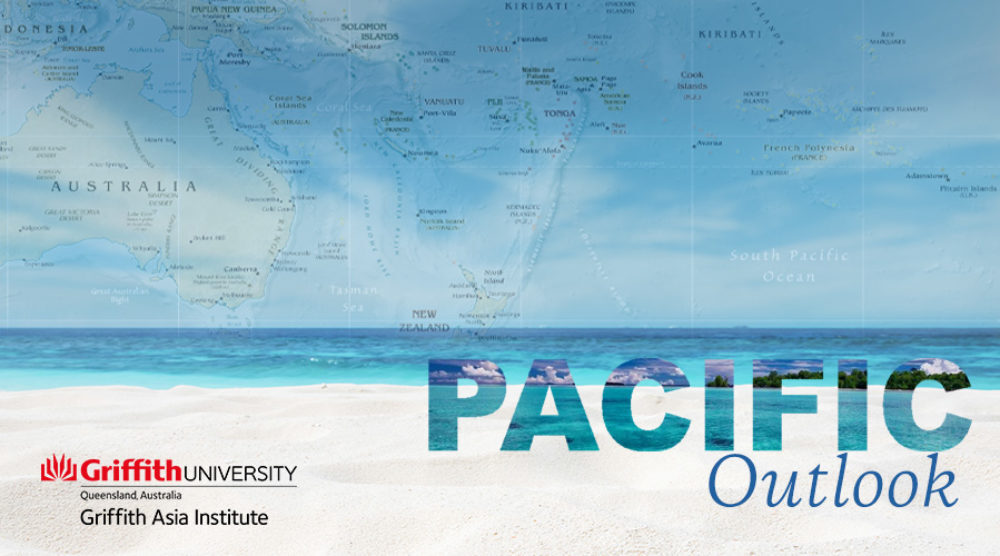TESS NEWTON CAIN |
Pacific reactions to AUKUS announcement
Further to last week’s announcement of a new security relationship between Australia, the USA, and the UK, there have been several responses from across the region. James Marape, the Prime Minister of PNG, reconfirmed his country’s “friend to all and enemy to none” foreign policy and noted that if “such activities” were to bring disharmony to the region, this would be an issue of concern.
A spokesperson for the government of the Federated States of Micronesia said that the announcement had come as a surprise. The spokesperson said that FSM would look forward to learning more about this agreement and how it would add to safety and security in the Pacific islands region.
Elsewhere, civil society actors voiced their concern about what the announcement that Australia would have access to nuclear-powered submarines means. Rev James Bhagwan of the Pacific Conference of Churches said that the announcement struck at the heart of regionalism.
Pacific leaders at the UN
The 76th UN General Assembly will take place this week. It will be a hybrid event with some leaders speaking in person and others making their contributions online.
The Prime Minister of PNG, James Marape, will travel to New York to speak in person at the General Assembly. He is expected to include a call for greater assistance to Small Islands Developing States to access to basic services and infrastructure in return for conservation of forests and other actions designed to promote environmental protection.
Other Pacific leaders are expected to use their platforms at the Assembly to call for more and faster global action to address the climate emergency, in line with the Kainaki II declaration of 2019.
Vanuatu has previously used this platform to amplify concerns about human rights abuses in West Papua although the extent to which this lead is followed by other Pacific island countries has varied over time.
COVID 19: First case of COVID-19 in American Samoa, Fiji opens up and PNG situation worsens
The first case of COVID-19 has been detected in American Samoa. The infected person is a traveller who arrived from Hawai’i on September 13th. This has placed authorities on high alert in neighbouring Samoa, which currently has no COVID-19 cases.
In Fiji, domestic travel restrictions have been relaxed allowing people to move around the main island of Viti Levu. However, inter-island travel is still restricted. This comes as more than 60% of the target population are fully vaccinated. The government is aiming for international borders to be re-opened by the end of the year.
In PNG, concerns are mounting about an increase in cases of COVID-19, particularly in the west of the country. It is assumed that the cases are the highly transmissible Delta variant, although testing numbers remain very low.
Samoa Parliament gets off to a shaky start
The new Parliament of Samoa has met, with the tabling of the government’s budget the first order of business.
However, the first couple of days saw high drama as members of the HRPP, now in Opposition were barred from entering the Parliamentary precinct. This saw Parliament conduct business without the 18 HRPP MPs who are duly elected MPs.
The standoff was resolved by the Supreme Court which ruled that the Speaker must swear in the Opposition MPs and allow them to take their seats in the Parliamentary chamber. On Friday there were emotional scenes as the new Prime Minister, Fiame Naomi Mata’afa and the Leader of the Opposition (and former PM), Tuilaepa Dr Sailele Malielegaoi embraced ahead of the day’s Parliamentary proceedings.
However, it soon became clear that Tuilaepa will be using all his political and Parliamentary experience to make life politically uncomfortable for his successor.
Tess Newton Cain is an Adjunct Associate Professor at the Griffith Asia Institute and project lead of the Pacific Hub.








